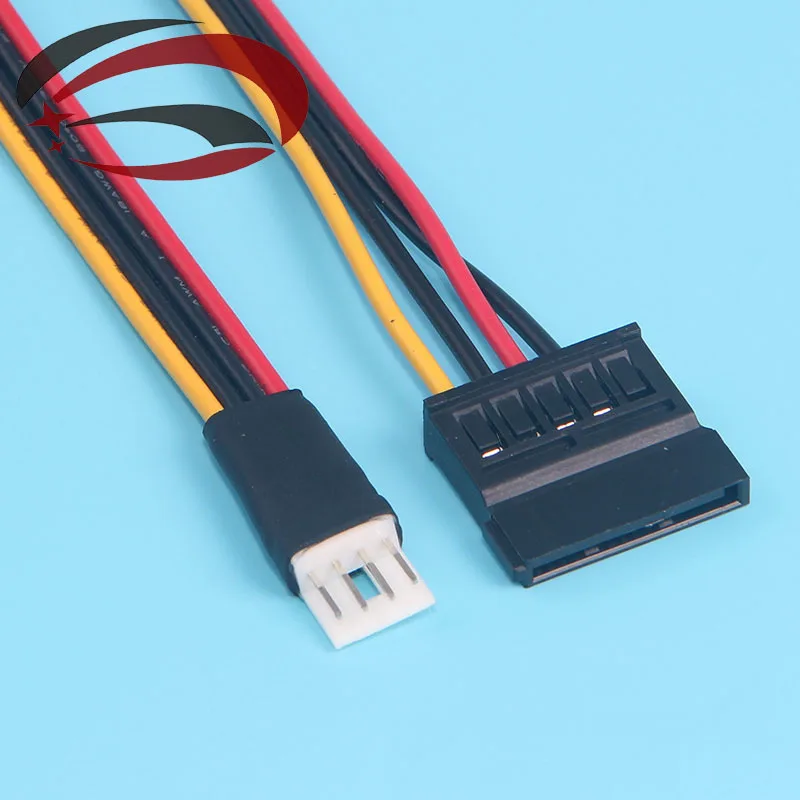You might be able to manually enable IPv6 in Optus' APN.
My Telstra eSIM didn't automatically enable IPv6, when my physical SIM did, but enabling it in the telstra.wap APN fixed it.
You might be able to manually enable IPv6 in Optus' APN.
My Telstra eSIM didn't automatically enable IPv6, when my physical SIM did, but enabling it in the telstra.wap APN fixed it.
For the AMD version, if you're going for an almost all Type A layout or something, it's handy to note that the Type A expansion card have idle power issues in the back ports.

I've seen an S3 option in Smokeless_UMAF, so maybe you can enable real suspend, but I haven't tried on my Framework 13 AMD.
It seems like it's fixed now, but if possible use one of the mirrors, so everyone's not hitting that one server all that hard, it's usually faster too.
Or even better, use the torrent.
Most thermal paste isn't electrically conductive, so that blob inbetween the capacitors shouldn't be an issue, but it would be good to know what thermal paste it is to be sure.
I initially read it as "No everything is impossible", which is now my favourite motivational quote.
Could you run dmesg? That will give you logs from the kernel, and you can see what's slowing it down.
Yes, but it doesn't look like KPROBES_ON_FTRACE is supported on arm64. I did find this patch though which implements it: https://patchwork.kernel.org/project/linux-arm-kernel/patch/[email protected]/
If you don't know how to apply a patch, you can either paste the link into b4, or download the mbox and apply it with git am.
Ahh okay, that description kinda sounds like floppy drive power, but it probably is a proprietary thing.

Could also be slimline sata.

IPv6 headers are usually bigger anyway^1^, so the only advantage is more efficient routing (so infinitesimally better latency), but in my experience most routers only support IPv4 hw offload and not IPv6, so it's only more efficient in theory.
I just like IPv6 because I get a whole /56 prefix to play with, and devices often randomise their host portion through the privacy extensions, meaning they use a new address each day or so.
^1^ IPv4 is usually ~20 bytes, but it can be up to 60 bytes if you stack a lot of options, IPv6 is only 40 bytes AFAIK.